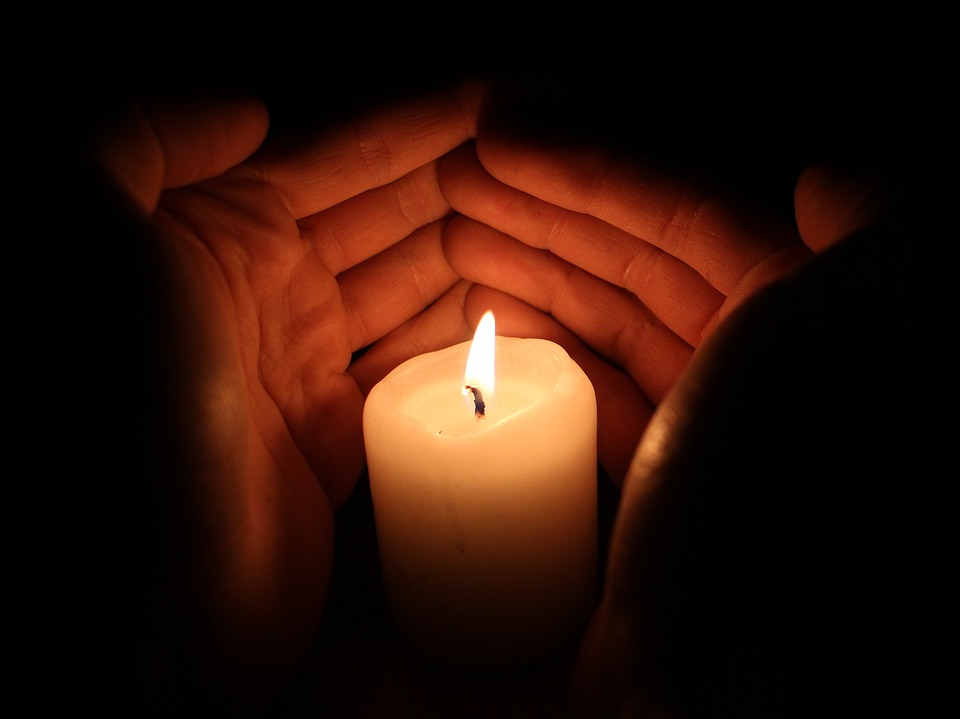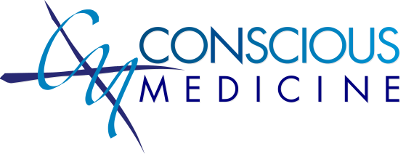The Sacred Ordinary in Health Care.

Dear Caregivers,
This piece isn’t dainty. Because health care is never dainty.
In early 2016, my mother was hospitalized for the sudden rupture of an aneurysm in her brain. You can read about an aspect of that experience here. Last week, she came home.
Just two days after she was home, I found her out of the bed and sitting on the ground. She had wet herself. And the feeding tube that was supposed to stay in her stomach while she relearned how to swallow safely? It was next to her pillow.
My father had stepped away to the bathroom for two minutes before this happened. Fortunately, she was okay — and as a gastroenterologist, I knew what to do about the feeding tube (get a replacement into her belly fast before the hole closes)!
It’s not easy to take care of the everyday needs of someone who can’t do them herself. This is what we’ve been finding out firsthand.
So I write this to express gratitude. For all the caregivers in the hospital who looked after Mom. In our more ignorant moments, we doctors may sometimes call you “ancillary personnel.” I will never use that phrase again. You are NOT ancillary.
It was a sacred act for you to welcome Mom to each new morning. And to suction all the gunk that had built up in her mouth overnight.
It was a sacred act for you to help her out of bed when she needed to go the bathroom. And to clean her up when she had soiled herself.
It was a sacred act for you to feed her every day through that tube the smoothies I was providing you, made from greens planted with her own hands before she became ill. And to keep her from pulling out the tube.
It was a sacred act for you to help her move her arms and legs and body every day to rebuild her strength. And to roll her in bed to prevent pressure sores.
It was a sacred act to sing to her so she could be healed through the power of music. And to make her screech sounds so she could swallow again.
When you started calling her Auntie like we do in Indian culture, when you braided what was left of her hair, when you called her Amma because she reminded you of your own mother, when you lifted her out of bed so she could bear her weight on yours, when you respected our wishes for privacy, when you refused to kick me out of the room because I refused to wear an infection control gown with no actual infection to control, when you gave us blankets so we could stay warm in that cold ICU room, when you let my brother sneak his two young boys into the ICU because he wasn’t sure if they would ever see their Nanamma alive again… Those were sacred acts.
And when you tucked her in at night and wished her well — like she was fully present and listening, even in her coma…that was sacred.
A number of doctors have done a number of blood tests, X-rays, and procedures as part of my mom’s medical care. You have been as much a part of her medical care as they have.
As we face the challenge of doing for Mom at home what you did for her in the hospital, I wish for you one thing. I wish that at some point while you’re entering the reams upon reams of useless data into your patient’s electronic medical record — data that serves primarily our medicolegal- and medicobilling-industrial complexes, not the patient — you could get a pop-up box on your screen. A pop-up that doesn’t just add to all the medical noise ill-serving for good patient care. No, a pop-up that just says thank you, from a guy like me to someone like you. For the sacred acts you perform day in and day out. Ordinary acts that are extraordinary.
In deep gratitude,
Dr. Venu Julapalli

This is beautiful!! So true!!
I wish healing for your dear mom. I love your site and your thoughts.
That was moving and just beautiful.
My mother is recovering from a stroke and is now receiving these sacred acts from so many caring individuals! This is a remarkable story and you expressed my feelings so much better than I ever could. Thank you! (Mr. Wilson’s wife ☺️)
It happens every day from caring individuals, like you said. There is a “dark side” to health care which we’ll get into in the future, but I wanted to spotlight the good side too. Say hi to Mr. Wilson!
Y’all are a Blessing to her!
Thanks, Wes…as is she to us.
Just as you are thankful for all of the special people that have helped with your mom, I’m especially thankful for you, Dr. Julapalli, for thinking outside of the box and for treating your patients as individuals, not numbers. Your mom raised you and your brother to be extra special people who turned into extra special doctors. She must be so proud!
Thank you, Heidi. She is…and we’re proud of her.
Dr. Julapalli, I don’t know if you remember me but you discovered that I had possible esophogeal cancer. After the biopsy came back positive you were very sympathetic. I’m doing much better. I’m presently cancer free. I look forward to healthy living.
Yes I remember you. I’m glad you’re doing much better. Call us if we can help in any way.
Dr. Julapalli,
This is a late response to your post, but just the same. As another person has mentioned in replying to your post, this is a very moving piece. Dr. Julapalli, the reason you value kindness and caring in others is because you yourself are a caring and kind human being. A Dalai Lama quote says, “When you practice gratefulness, there is a sense of respect toward others.”
In all my meetings with you, I have sensed nothing more than genuine and pure humanity.
We all wish that when we are in our darkest hour, those who are charged with our care look upon us with respect and treat us with dignity and compassion.
Wishing for a quick recovery and a return to full health for your Mom.